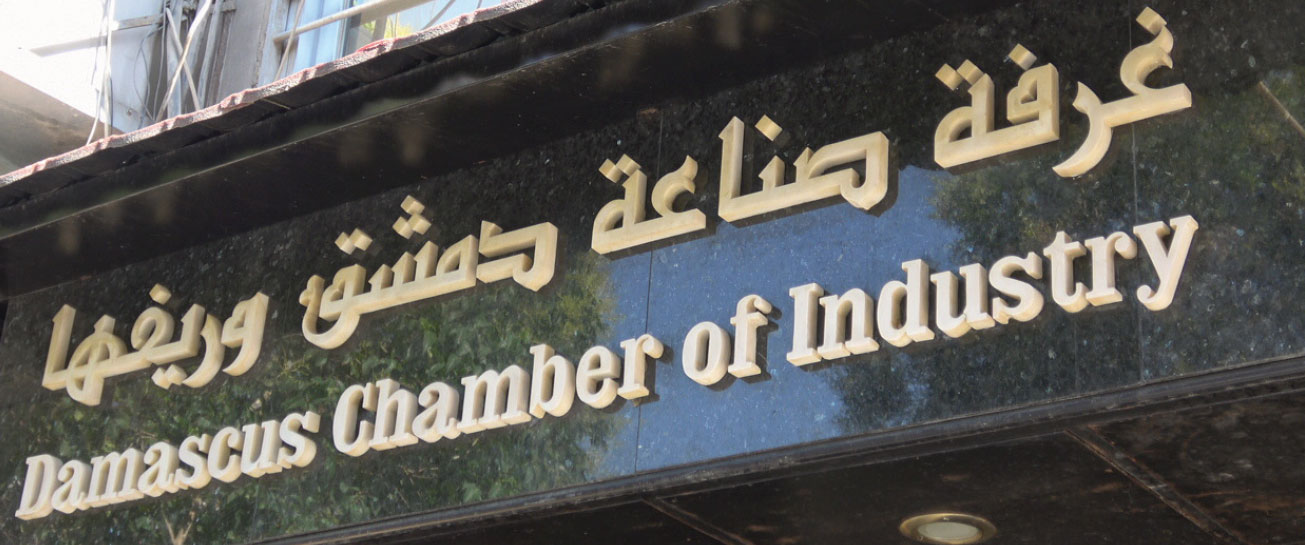In a memorandum presented to the Prime Minister, the Joint Committee of Industrialists and Traders expressed a common vision on balancing markets and the repercussions of global events for the Syrian economy. Al-Watan obtained the joint memorandum, addressed by the industrialists and traders to the relevant decision-makers, which contained several agreed proposals in their common interest. The proposals responded to the nature of challenges stemming from current developments, with the aim of creating immediate positive effects in the near term and scaling up production, without needing to pass new laws and legislation.
In their memorandum, the joint committee stressed the need for the participation of Chambers of Commerce and Industry, as well as the Federation of Chambers of Commerce and Industry, in preparing draft laws, resolutions, and circulars issued by all ministries. In particular, the chambers should take part in the development of laws, regulations, and decrees related to economic and investment affairs in Syria and the wider region. The joint committee called for facilitating the flow of local and imported goods between various Syrian governorates—especially products and crops in the eastern and northern regions—to the interior governorates. This would have a positive impact on the availability and cost of the materials.
In their demands to the Ministry of Economy, the industrialists and traders focused on several items, the most important of which is the liberalization of import permits for all food items to meet market demand under the current circumstances. It is also crucial to find a way to allow importers to secure the necessary financing for importing goods, to avoid shortages of essential foods in markets where there is no domestic production.
Read Also: Syria Fuel Prices Hike: Negative Impact on Industry, Consumer Products
Moreover, they requested bolstering new export industries through the export support program, raising the value of support from 9 to 18 percent— at least half of which should come through fiscal support in Syrian pounds.
Proposals for the Ministry of Finance
With regard to the Ministry of Finance, the memorandum requested that indirect expenses by taxpaying businesses be credited, due to the necessity of these operations in the surrounding circumstances. This rule should apply even if some of the payments went undocumented and did not have regular invoices (diesel purchased on the black market, payments at checkpoints, transit costs etc.) and other expenses that producers were forced to bear because of war conditions and sanctions.
In their demands of the Ministry of Electricity, the industrialists and traders stressed the need to reconsider many issues. These include the consolidation of electricity prices between different cities and industrial zones, as well as between similar industries in the overall productive sector. Charges should not exceed global prices and remain lower than those of neighboring countries (Egypt, Jordan, Turkey). The ministry should also accelerate the repair and maintenance of transmission and network infrastructure in cities and industrial areas, from funds paid by industrialists to the Ministry of Electricity, as well as payments made under Decree 37 of 2015.
This article was translated and edited by The Syrian Observer. The Syrian Observer has not verified the content of this story. Responsibility for the information and views set out in this article lies entirely with the author.


